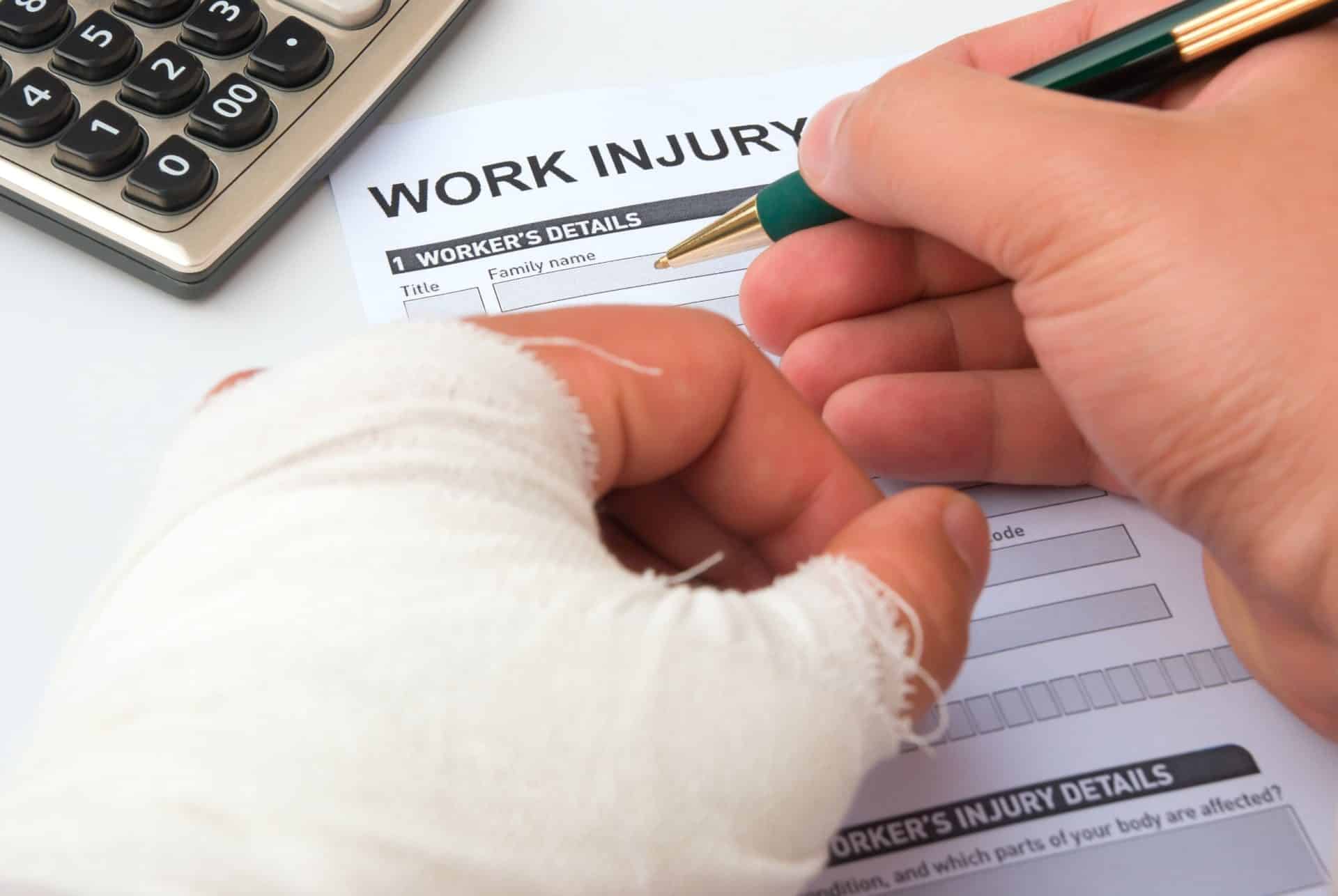
New York is a place where there’s typically a lot of action. At all times of the day and night, you can find people working hard, which may account for the 129,000 nonfatal workplace injuries in the state in 2020, according to the Bureau of Labor Statistics.
That number is a bit mind-blowing because it means that on any given day, New York workers have a pretty high chance of being hurt on the job. While you may think of injuries at work as being dramatic, the truth is that many of the most common work-related injuries in New York may surprise you.
Here is what you need to know about workplace injuries that take place on the job in New York and what you can do if your injury prevents you from working.
Slip and Fall Injuries
One of the most common injuries sustained in the workplace involve trips, falls, and slips. These accidents often occur due to spills or walkways that are uneven. Falling, slipping, or tripping can cause injuries to your legs, head, back, arms, and more. That can hugely impact your ability to do your job as you heal – not to mention lead to pricey medical bills.
Muscle Strains and Overexertion Injuries
Accidents don’t cause every workplace injury. Sometimes simply using a part of your body too much over a long period of time can lead to overexertion injuries or muscle strains that make your job difficult to do. Your job doesn’t have to be physically demanding to cause this issue, either.
Sitting at your desk, typing away at your computer for hours each day can cause problems, as can improperly lifting things that may seem innocuous at first, such as a box or a stake of files. Time and rest, and maybe better ergonomics, will usually resolve this workplace injury – but it’s still important to know!
Machinery and Equipment Injuries in New York
If you work with heavy equipment or machinery on the job, then you probably know it can be dangerous. Even a heavy tool dropped from a height can cause serious injury.
Only those trained in safety procedures should operate this equipment, or significant injuries (such as crush injuries or amputation) can occur.
Exposure to Toxic Substances

If you work in a chemical plant or on a construction site, toxic substances are a reality of your job. These dangerous substances can be in any form – gas, liquid, or solid – and may be all around you.
Employers are legally required to tell employees about toxic substances they may interact with, where they are in the workplace, and how to avoid being exposed to them unsafely.
NY Burn Injuries
Another common workplace injury is burns. That should come as no surprise, considering that many places of employment have equipment that can lead to burns. Even the microwave in your break room can be a hazard!
Damage to your skin and muscle from burns can be painful and debilitating.
Lacerations, Punctures, and Cuts
Cuts and lacerations are common in occupations like manufacturing, construction, and mining. In fact, any occupation involving heavy equipment and tools can lead to this kind of injury, which can be significant and require emergency medical attention.
What Industries in NY Have the Most Work-Related Injuries?
In New York, nonfatal workplace injuries are common, and the Bureau of Labor Statistics reviews which industries have the most. The top occupations that pose a risk of work-related injuries in our state include:
- Construction
- Manufacturing
- Mining
- Transportation and Utilities
- Professional and Business Services
- Education and Health Services
- Leisure and Hospitality
What If You Get Injured at Work?
If you get injured at work, you need the help of an experienced attorney. Remember, you are protected by personal injury laws and worker’s compensation laws in NY. It’s simply a matter of understanding how to get the most from those laws and determining if you qualify.

You can pursue compensation and damages from your employer if your injuries resulted from negligence. And even if your employer did nothing wrong, factors outside of their control can still lead to a personal injury win for you.
If you get injured on the job, don’t delay. Discuss your case with an attorney to see what options are available to you.









